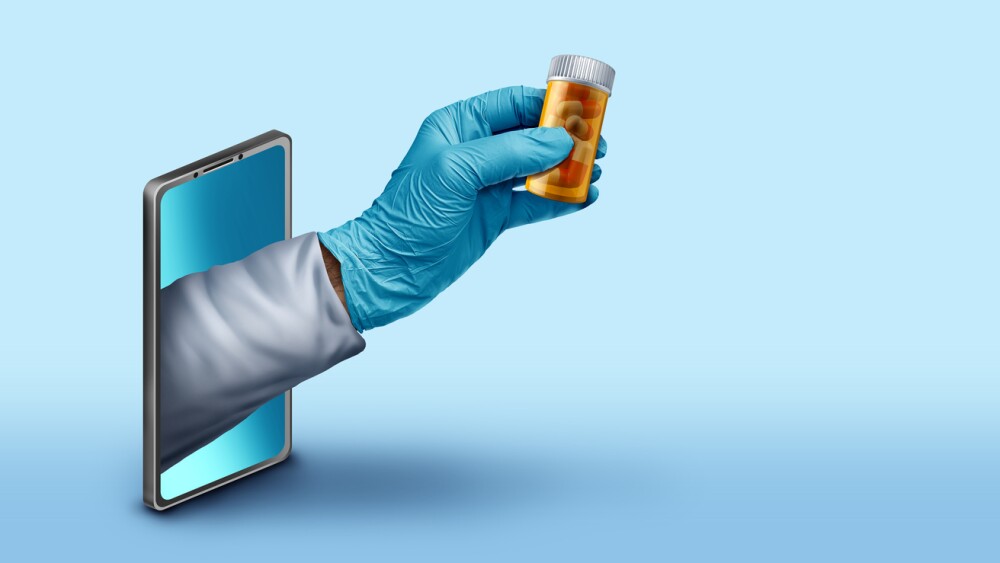In advance of CMS’ negotiated price for the blood thinner taking effect next year, partners Bristol Myers Squibb and Pfizer pitched the direct-to-consumer program as a way to allow uninsured, underinsured and self-pay patients to pay less out of pocket.
Bristol Myers Squibb and Pfizer are preparing to sell the blockbuster blood thinner Eliquis, a top-selling drug in 2024 and one of the first targeted by the Centers for Medicare and Medicaid Services for price negotation under the Inflation Reduction Act, directly to patients for 40% below the current list price, the companies said Thursday.
Starting Sept. 8, eligible U.S. patients with a prescription will be able to buy the treatment via Eliquis 360 Support. BMS and Pfizer currently use the patient support program to provide health education and help patients with their insurance coverage. The expansion of the program to cover direct-to-patient sales is intended to lower out-of-pocket costs for uninsured, underinsured and self-pay patients.
The move fits a growing trend in the industry of selling direct to consumers (DTC). In January 2024, Eli Lilly set up LillyDirect to sell products including the obesity drug Zepbound. Novo Nordisk, Lilly’s chief rival for the obesity market, created its own program earlier this year.
DTC is not new to Pfizer, which has a history of using the model to boost sales toward the end of a product’s lifecycle, having offered its statin Lipitor directly to patients in 2011. More recently, the Big Pharma set up its PfizerForAll portal last year.
According to Leerink Partners analysts, however, the Eliquis program represents “the first non-obesity direct-to-consumer (DTC) branded offering of its kind.”
The analysts speculate that the partners made the decision in response to President Donald Trump’s Most Favored Nation executive order aimed at bringing U.S. drug prices in line with costs in other developed countries.
The fourth best-selling drug last year with $13.3 billion in sales, Eliquis will soon face changes that could affect its revenue-generating capacity. As part of the first set of products to undergo IRA-prescripted price negotiations, CMS secured a 56% discount to the original Medicare cost, setting the maximum fair price at $231 for a 30-day supply. It’s one of three drugs that collectively will account for more than half of savings generated through the program, according to a Brookings Institution report.
The new Medicare price will take effect next year—two years ahead of Eliquis’ loss of market exclusivity. BMS expects at least eight generic copies to launch in April 2028. Adam Lenkowsky, chief commercial officer at BMS, said at a TD Cowen event in March that the company expects the influx of generic competition to drive “very rapid erosion for Eliquis.”
Under the new DTC option, which will enable direct shipments of the drug across all 50 states and Puerto Rico, patients will pay 40% less than the current list price of $606 for a 30-day supply. Currently, patients with commercial, Medicare or Medicaid coverage pay $2 to $54 a month for Eliquis on average, depending on their health condition and insurance plan, according to BMS. Changes to Medicare Part D mean out-of-pocket spending on Eliquis and other prescription drugs is capped at $2,000 a year.
“Since Eliquis is already heavily rebated to PBMs, we do not expect the program to create a net pricing headwind for BMY/PFE,” Leerink wrote. “Prior to IRA negotiation, Eliquis was estimated to have approximately 40% in existing Medicare Part D rebates.”






